9 reasons to plant roses
Who can resist a beautiful rose? Their sheer beauty is reason enough to plant more of them. But roses are functional too with something for every purpose. It’s time to plant them now.
| 1 | FOR PICKING |
| 2 | FOR FRAGRANCE |
| 3 | FOR COLOUR |
| 4 | FOR NATURE |
| 5 | FOR WALLS |
| 6 | FOR COVER |
| 7 | FOR A SENSE OF HISTORY |
| 8 | FOR CELEBRATION |
| 9 | FOR AN EASY CARE GARDEN |
Keeping roses healthy
In summer, pests and diseases get busy, but their effect on our roses is minimised when we take action in winter. After pruning, clear away all leaf debris and surrounding weeds then spray with copper mixed with mineral oil. The oil takes care of insect eggs while the copper kills disease spores.
Pests and diseases survive winter by hibernating in bark crevices, and fallen leaves so they’re all set to start breeding as soon as their favourite host plant starts growing in spring. We can significantly reduce this overwintering ‘inoculum’ if we remove it from the garden entirely and keep pruning tools clean.
Well-fed and watered roses are much more resilient to pests and diseases than malnourished ones. Feed in spring. Avoid frequent shallow watering and water the ground, not on the plants. Deep infrequent watering encourages roots to grow deeply into the soil where there is a good supply of moisture and nutrients. Keep building soil humus with lots of organic matter in the form of compost, organic fertilisers and mulch.
Roses generally grow best in soil that hasn’t previously had roses. Ideally, if you plant a new rose in the same spot another one grew, replace the soil with soil from a different part of the garden.
Look for disease resistant rose varieties and plant them where they have sun and some air movement around them. Pests and diseases love humid conditions created by overcrowded planting or weeds. They also thrive in sheltered spots close to buildings.
Remember that every pest has it’s predators. Look after the good bugs by choosing sprays carefully and using them sparingly. Plant herbs and flowers that attract predatory insects. Strongly scented herbs like garlic and chives can help throw pests off their target.
Be aware and act early to keep on top of pest populations early in the season before they get out of control.
Today’s more environment-friendly, natural-based plant protection products offer effective control against pests and diseases when help is needed. They’re part of a holistic commonsense approach called ‘Integrated Pest Management’.

1-Jul-2020
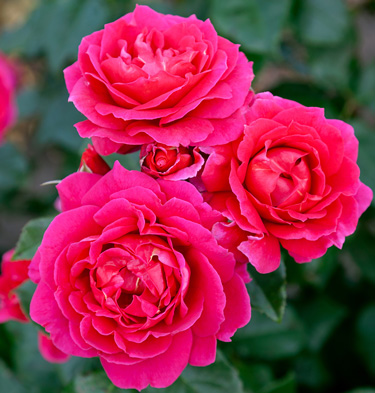
Rose Berry Nice
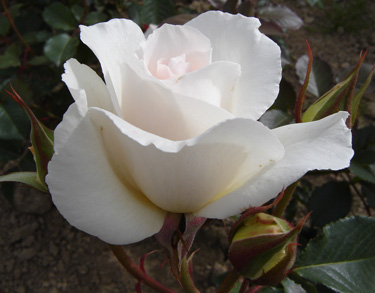
Rose Margaret Merril
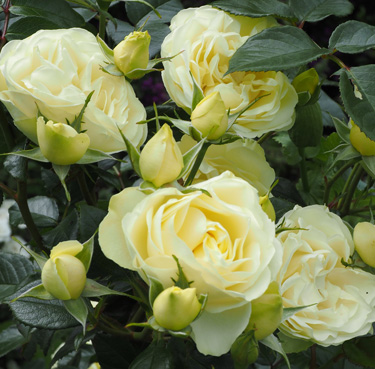
Rose Lemon 'n Lime
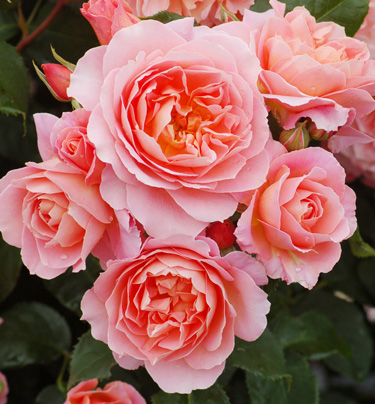
Rose My Mum
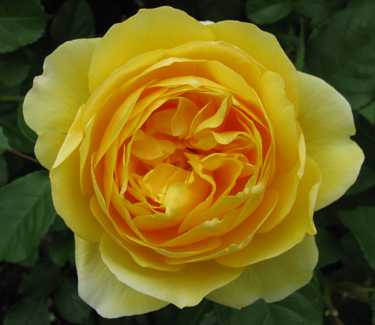
Rose Graham Thomas
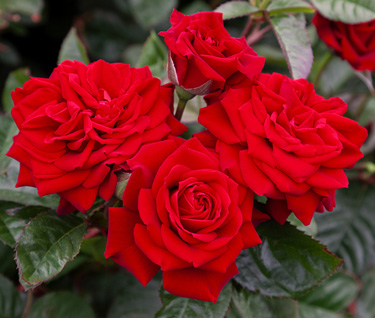
Rose My Best Mate

